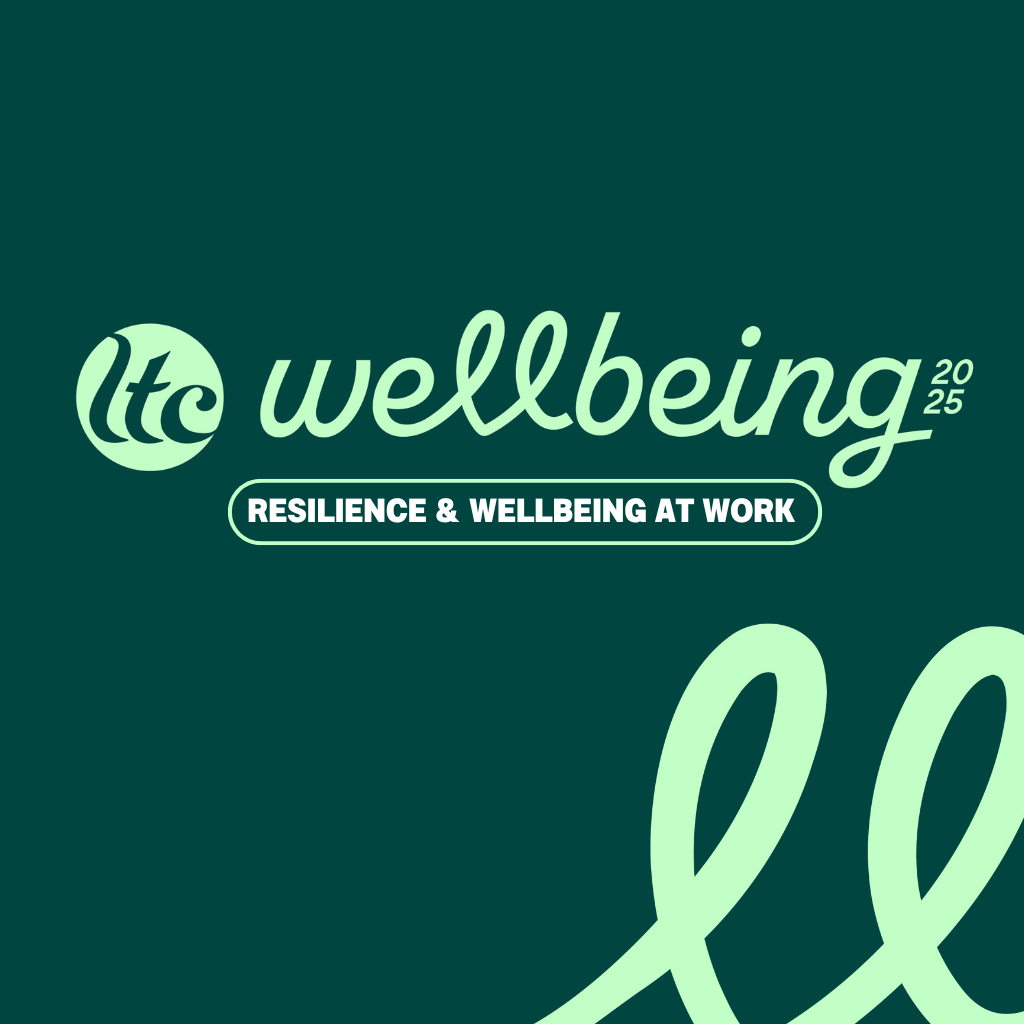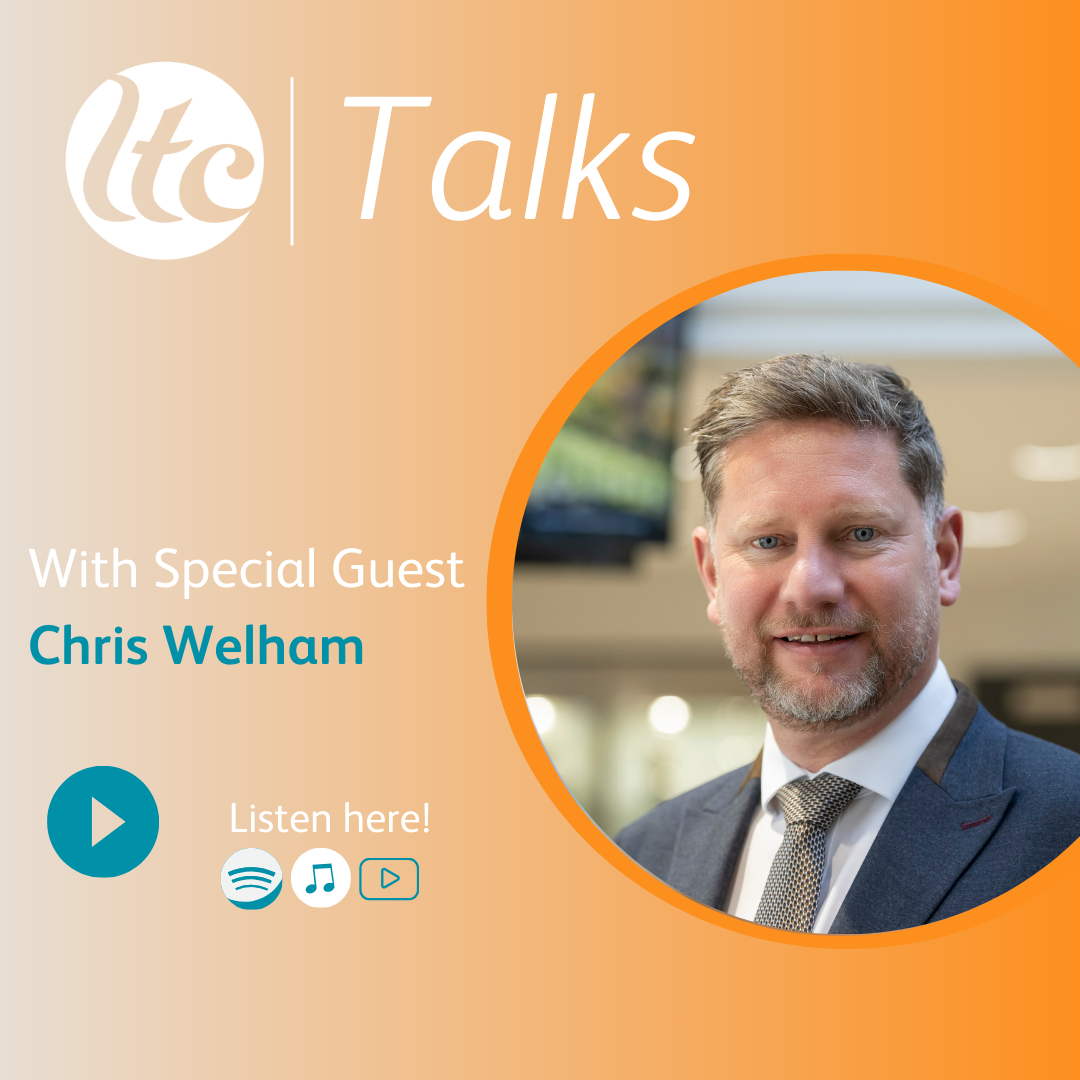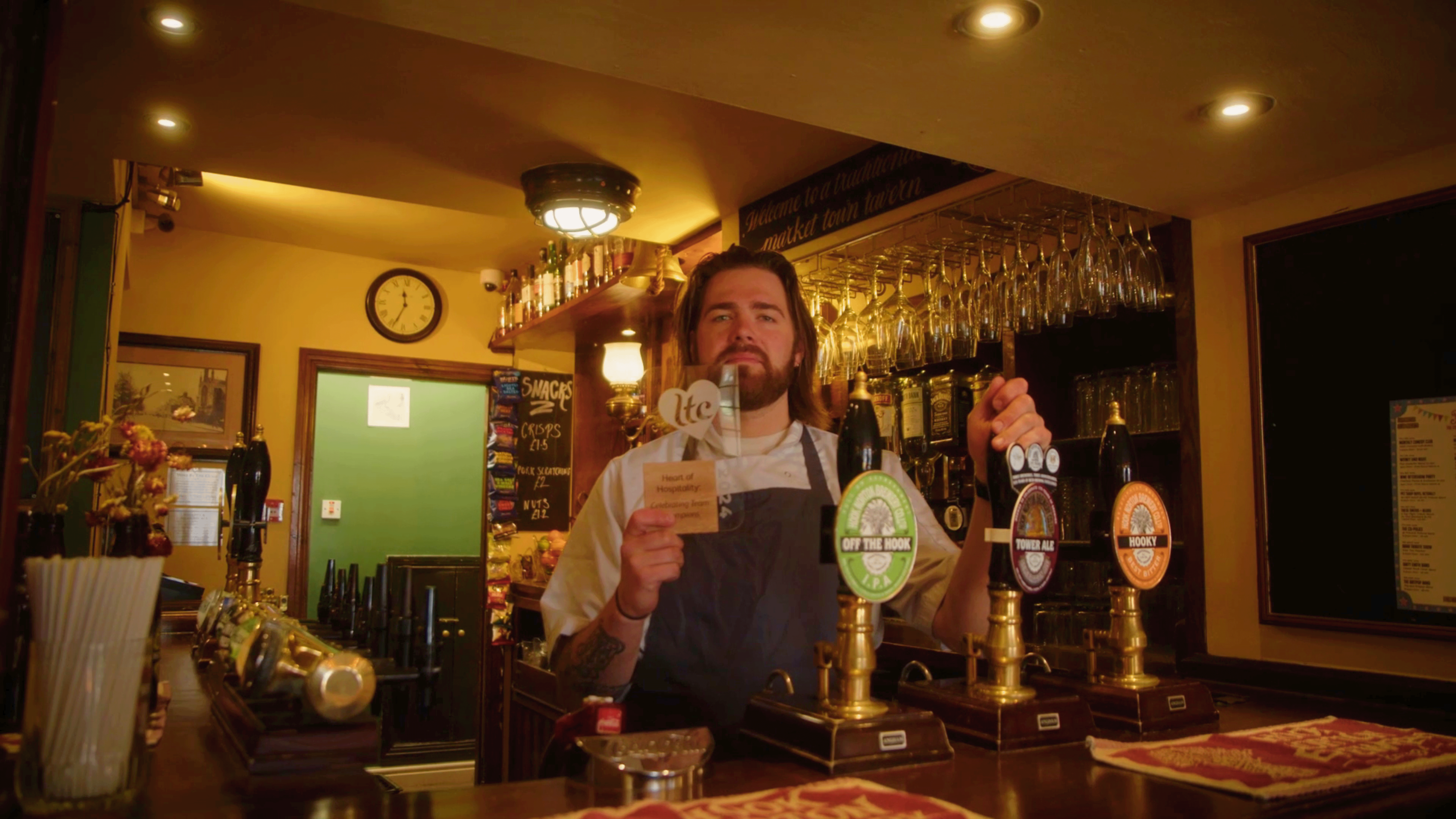Recognising you have a problem with debt is the first step towards dealing with them effectively. Ask yourself the following questions:
- Do you often exceed your credit or overdraft limit?
- Do you take out more loans to pay off your debts (and pay back the minimum amount each month)?
- Do you often use your credit card to withdraw cash?
- Do you have little to no idea how much you owe?
- Has something happened like a change of circumstances which has meant your income has been reduced?
If you have answered ‘yes’ to any of these questions, chances are you need to tackle your debt problem sooner rather than later.
Draw up a budget plan
A budget plan lists all your expenses and compares it with the amount of money you have coming in.
This can help you to see where you could cut back and save money.
Start with the following:
- Outgoings
- Rent/mortgage
- Council tax
- Utilities
- TV licence
- Travel
- Loan payments
- Internet
- Mobile phone contracts
- Netflix/Sky/Amazon Prime subscriptions
- Insurance payments
- Childcare
- Child support/maintenance
- Personal pension payments
- Food
- Clothes
- Household products
- Non-essential daily expenses
- Occasional costs
Work out how much money you have coming in, including wages, benefits, and any other payments coming into your household. If you have more money going out than coming in, take a long hard look at your expenses and try to work out where you can save money (even relatively small savings can add up over time).
Nudge
Try using a free online budget planner, we have partnered with Nudge who offers this very thing. Nudge is a financial well-being web/app that helps with all aspects of being in control of your money. It is free to anyone in the trade so just click on the link to register: www.licensedtradecharity.org.uk/nudge
Priority debts
It is important to tackle the most important debts first:
- Rent
- Mortgage
- Gas
- Electricity
- Phone or internet (a priority if they are a lifeline for you)
- Council tax
- Secured loans
- TV Licence
- Unpaid tax, national insurance, or VAT
- Court fines
- Overpaid Tax Credits
The reason for this is that these creditors (people you owe money to) can act. If you are behind with your rent or mortgage and do not contact your landlord/mortgage provider, they can take action to evict you or repossess your home. With council tax local authorities can take action to send in bailiffs and add these costs to your bill. Some other creditors can take money from your wages i.e., HMRC, overpayment of benefits.
It is so important to get in touch with your providers and let them know what is happening. It may seem scary, but they will want to help, and this is so much better than burying your head in the sand.
It is not a well-known fact, but you can ask mortgage providers, the council tax team, housing associations, and utility providers if you can make reduced payments for a while.
Rent/Mortgage arrears
If you are behind with your rent or mortgage, contact your landlord/housing association/mortgage provider and let them know the following.
- Why you are behind with the rent/mortgage e.g., loss of job, bereavement, relationship breakdown, illness etc.
- Ask to make reduced payments. Paying something rather than nothing is always better.
- If you rent, look at claiming housing benefit: www.gov.uk/housing-benefit/how-to-claim. This is a benefit that is usually part of Universal Credit.
- If you have a mortgage speak to the provider about having a repayment holiday or the lender may let you add your arrears over the lifetime of your mortgage (capitalising your arrears).
- Send them your budget plan with incomings and outgoings to show you are trying to manage the situation.
- Let them know your plan to pay off the arrears e.g., Looking for another job, claiming benefits, reducing your outgoings, getting in a lodger (if you are allowed). That will always go down well with your landlord/ Mortgage provider.
Council Tax/Utility bills
Contact your local authority or utility provider and let them know the situation.
- You may be able to make reduced payments until you catch up
- You can apply for council tax reduction: www.gov.uk/apply-council-tax-reduction
- Some utility companies have a grant charity attached to them that could help to reduce your arrears.
Ring your provider or check this out on the internet
Non-priority debts
Non-priority debts are the following:
- Credit cards
- Non-secured loans
- Payday loans
- Catalogues
- Water bills
It is still important that you contact these creditors, but it is less likely that you will lose your home, get taken to court or have bailiffs sent to your home.
- Contact them and ask them to freeze the interest on your loan, credit card
- Send them a template of your incomings and outgoings and suggest a reduced payment
- Try not to use your credit card for further purchases it will be less debt and the credit card provider will be more sympathetic
Contact: www.stepchange.org – they are a free debt charity that can help you tackle all types of debt.
By using someone like this will give you an advantage when talking to your creditors as they will know
you are trying to tackle your problems
Claiming benefits
Depending on your circumstances you may also be entitled to claim certain benefits if you are on a low income, including the following this will bring some more money in and alleviate some stress.
Use our benefits calculator on our website: https://dev.licensedtradecharity.org.uk/financial-support/ to see if you are entitled to any benefits.
Alternatively, log onto the Gov.uk website and check out their information: www.gov.uk/browse/benefits
Tackle the issue in bite-sized pieces, not only will you feel you have achieved something it may help reduce the stress and worry too.

















